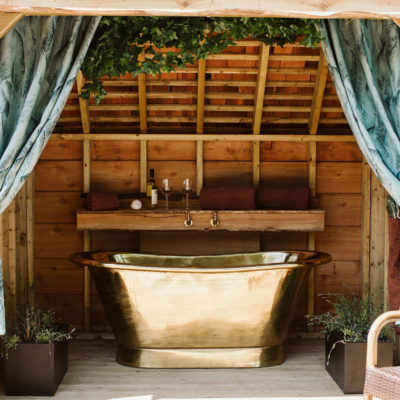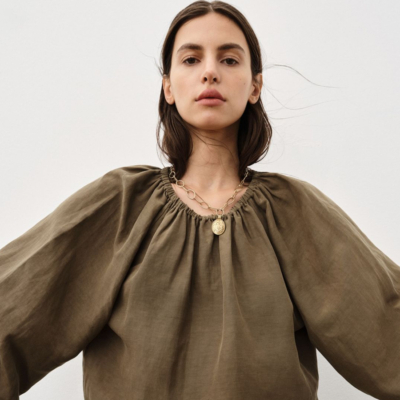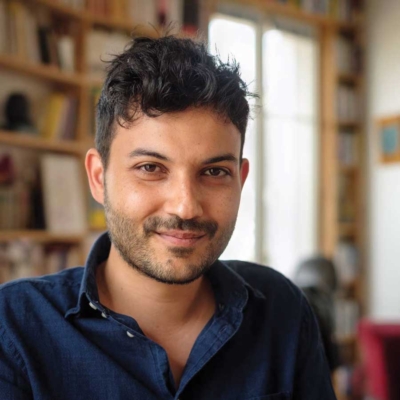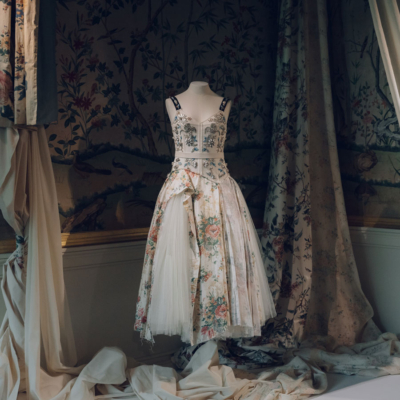Looking for some new reading material? Dip into these anthologies and poems shortlisted for the Forward Prizes which are renowned for championing new poetic voices and internationally celebrated writers
Main Image; Illustration by Amy McDonnell @amymc_art
“I think it’s safe to say that poetry in the 21st century is flourishing like never before,” says Bernardine Evaristo, one of the judges of this year’s Forward Prizes – the most coveted and influential awards for poetry in the UK and Ireland. Over the last three decades Forward prize winners have included Simon Armitage, Thom Gunn, Seamus Heaney, Ted Hughes, Carol Ann Duffy, Jackie Kay and Caleb Femi.
Each year, the Forward Prizes are awarded in four categories: the Forward Prize for Best Collection (£10,000), the Felix Dennis Prize for Best First Collection (£5,000), the Forward Prize for Best Single Poem – Written (£1,000), and the inaugural Forward Prize for Best Single Poem – Performed (£1,000).
“As a jury we found ourselves drawn to poets who were moving poetry forwards in theme or form or both, who offered us emotional depth, imaginative fertility, re-readability and intellectual complexity and most importantly who were writing from fresh perspectives,” explains Evaristo.
There are four Irish poets among the 20 shortlisted poets this year. Here’s all you need to know about their work:

Jane Clarke
Jane grew up in Co Roscommon, and lives in Glenmalure, Co Wicklow, where she combines writing with her work as a tutor. Her first collection The River (Bloodaxe, 2015) was shortlisted for the Ondaatje Prize. Her second collection When the Tree Falls (Bloodaxe, 2019) was shortlisted for the Pigott Poetry Prize and The Irish Times Poetry Now Award.

Her third collection, A Change in the Air (Bloodaxe) is shortlisted for the “Best Collection” in the Forward Prizes and explores how people, landscape and culture shape us. Of the collection, Jane says, “The poems that mean most to me are those inspired by my mother in the beginning of the book and the love poems to my wife towards the end. Another poem that is particularly dear to me is ‘Spalls’, which explores change, mutual acceptance and love in the relationship with my parents.” The collection is also firmly rooted in Wicklow both as a place and a natural habitat. “The theme of memory, story-telling and existential threat continues through the book in poems treating the mining heritage in Wicklow, famine in counties Roscommon and Wicklow, and one family’s experience of the First World War. A creative collaboration with ecologists and environmental activists in Wicklow inspired poems about nature restoration. The response to this work strengthened my belief in the power of poetry to engage hearts and minds for the work required to protect species and habitats.”

Susannah Dickey
You may have read Susannah’s books Common Decency and Tennis Lessons. This bona fide Derry girl is also a poet and the author of four pamphlets, I Had Some Very Slight Concerns (2017), Genuine Human Values (2018), Bloodthirsty For Marriage (2020) and Oh! (2022). Her free verse anthology, Isdal (Pan Macmillan) is shortlisted for the Felix Dennis Prize for Best First Collection. It explores the true crime genre and is inspired by the “Isdal Woman” case in Norway, when an unidentified woman was found death at Isdalen in Bergen in 1971, and still remains a mystery.

Susannah says, “In 2018 I started trying to write poems about the Isdal Woman. About a year, and many bad poems, later, I realised this was a failed endeavour. The poems were bad and the thinking that was going into writing them was increasingly making me uncomfortable. Frustrated, I asked myself why it was that I even wanted to write about the Isdal Woman, why I was so fixated with her, with consuming material about her, and it was from that question that the book emerged. The book is one long attempt to explore that question.
Maybe, as a woman, there’s a self-protective element to ravenously consuming the images and details of other women’s deaths. If you choose to view it as entertainment, and allow it to entertain you, then you’re about as psychologically removed from the victim as it’s possible to be; you become voyeur, not victim, and as long as you’re not like the victim, the pervasive and frightening violence that exists around you can’t touch you. It’s not a mode of thinking that is useful or generative, but it makes sense. It was when I started to think about critiquing the means of depicting the Isdal Woman, rather than writing about her, that the book began to take shape.
In terms of individual poems, I love ‘When the armchair was out she was in when the armchair was in she was out’, ‘Prologue: You know that riddle’ and ‘Epilogue: You know that riddle (reopening)’, and also ‘Whenever you feel sad you enjoy the smooth refreshing taste of Diet Coke with Lemon’. I think those poems are good indicators of what the collection is trying to do more broadly.”

Breda Spaight
“Poetry captures life’s beauty and pain in its complexity and simplicity with images, metaphors and words. What drew me into writing poetry was the freedom to express myself in ways that prose could not offer,” explains Breda Spaight who comes from Co Limerick. She holds an M Phil in creative writing from Trinity College, Dublin and has won the Doolin Poetry Prize and had her work published in journals such as Poetry Ireland Review, New Irish Writing, The Stinging Fly, Banshee and Ambit. She says being shortlisted for a Forward Award broadens her connection to the poetry community. “Being shortlisted for this award two months after the launch of my debut collection, Watching for the Hawk (Arlen House), is surreal.”

She is nominated for Best Single Poem for her autobiographical poem, “The Curse”. “It is not in my collection, but the theme is similar, which centres on coming of age in rural Ireland in the 1960s. The woman’s role is central to how the collection develops, and in ‘The Curse’, we encounter a moment of innocent cruelty between siblings that originates in misogyny.”

Nidhi Zak/Aria Eipe
Nidhi/Aria grew up in the Middle East, and also lived in Europe and North America before calling the east coast of Ireland home. She calls herself a poet and pacifist. Auguries of a Minor God, her debut collection, was published by Faber & Faber in 2021.

Eipe is shortlisted for ‘And our eyes are on Europe’, in a new category in the Forward Prizes recognising performance and film, in Best Single Poem – Performed. She explains, “‘And our eyes are on Europe’ was commissioned by Poetry Ireland, the Museum of Literature Ireland, ANU and Landmark Productions as part of a year-long project to celebrate the centenary of the publication of James Joyce’s Ulysses in 2023. I think of this poem as a ventriloquist text, assembled in collaboration with the spirit of Joyce. Incorporating images and phrases directly from the ‘Cyclops’ episode, in which Joyce considers questions of citizenship, belonging, identity and cosmopolitanism still relevant today, it draws from the pastoral and the romantic traditions to throw a voice out, across islands, across time. I hope that the poem’s echoes might invoke the possibility of responding to acts of inhospitality with advances of love.”
Need to know: This year’s winners will be announced at a ceremony in Leeds Playhouse on October 16; www.forwardartsfoundation.org.
An indispensable overview of the literary landscape is The Forward Book of Poetry 2023, The Best Poems From the Forward Prizes, Faber.
If you are a poetry fan, book “And Afterwards: A Celebration of Seamus Heaney,” presented by the Abbey Theatre and Poetry Ireland on September 3. Featuring readings of some of Heaney’s most iconic works and new works by poets Vona Groarke and Mícheál McCann; as well as music by Hellas Ensemble, Neil Martin, Soak and Louise Mulcahy, this promises to be an atmospheric evening; www.abbeytheatre.ie









